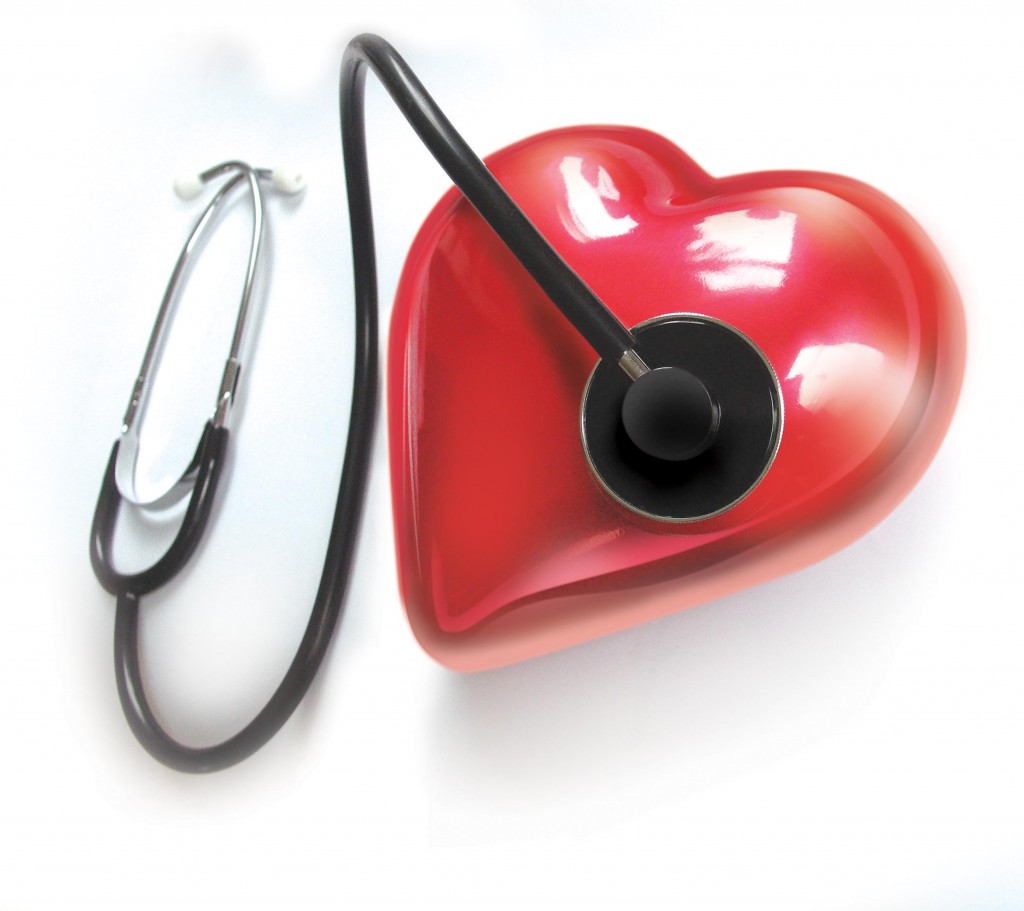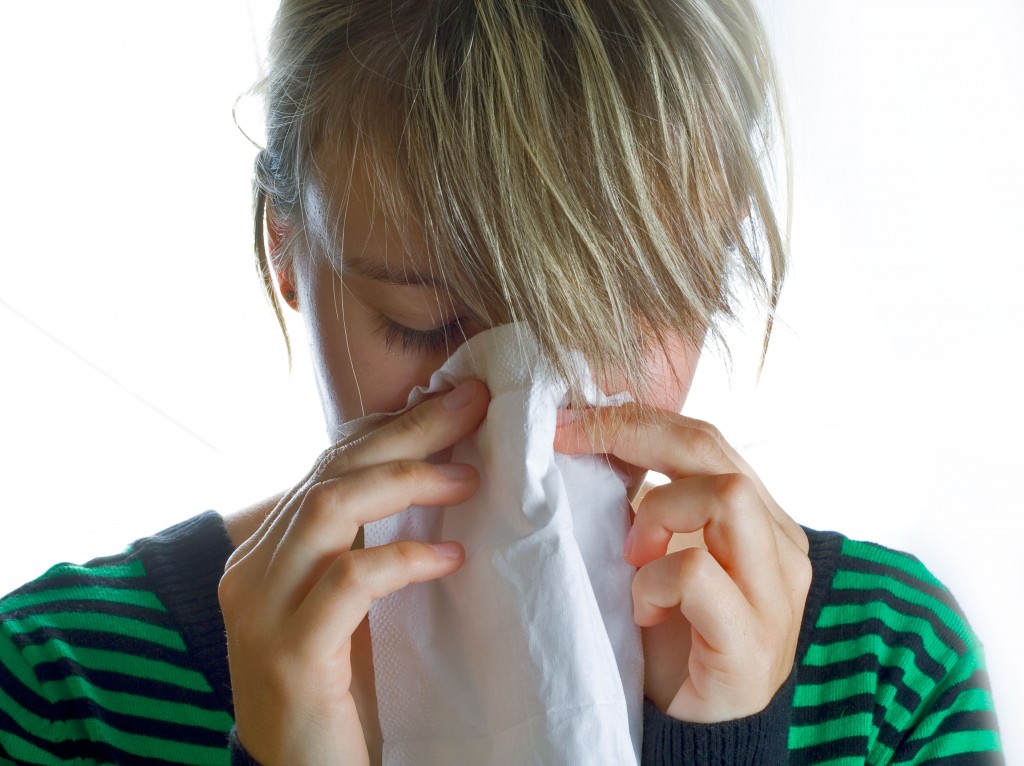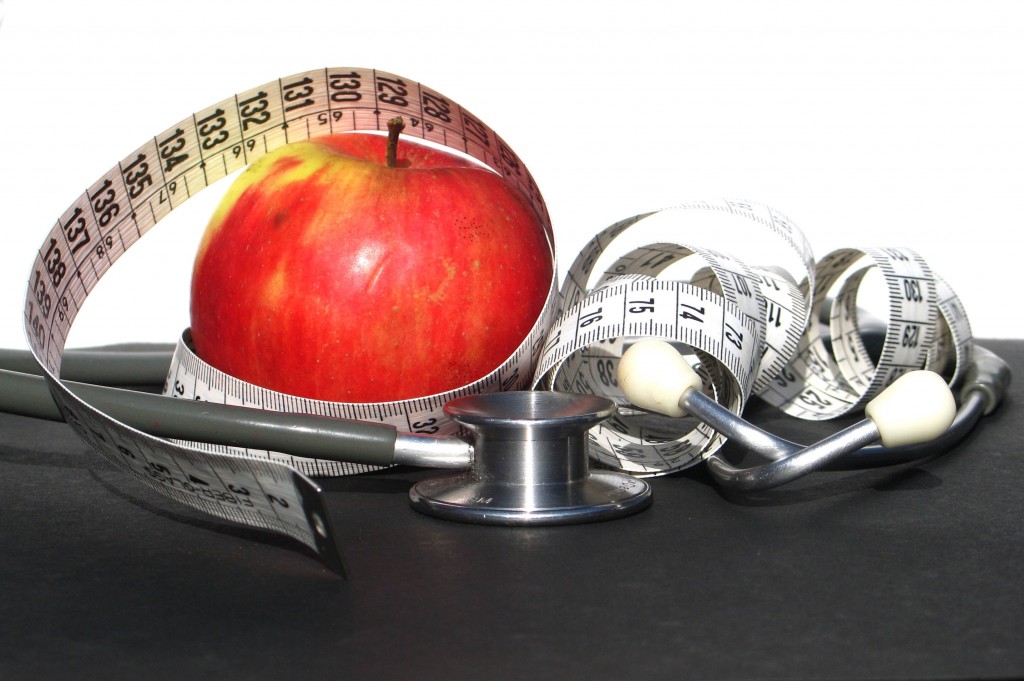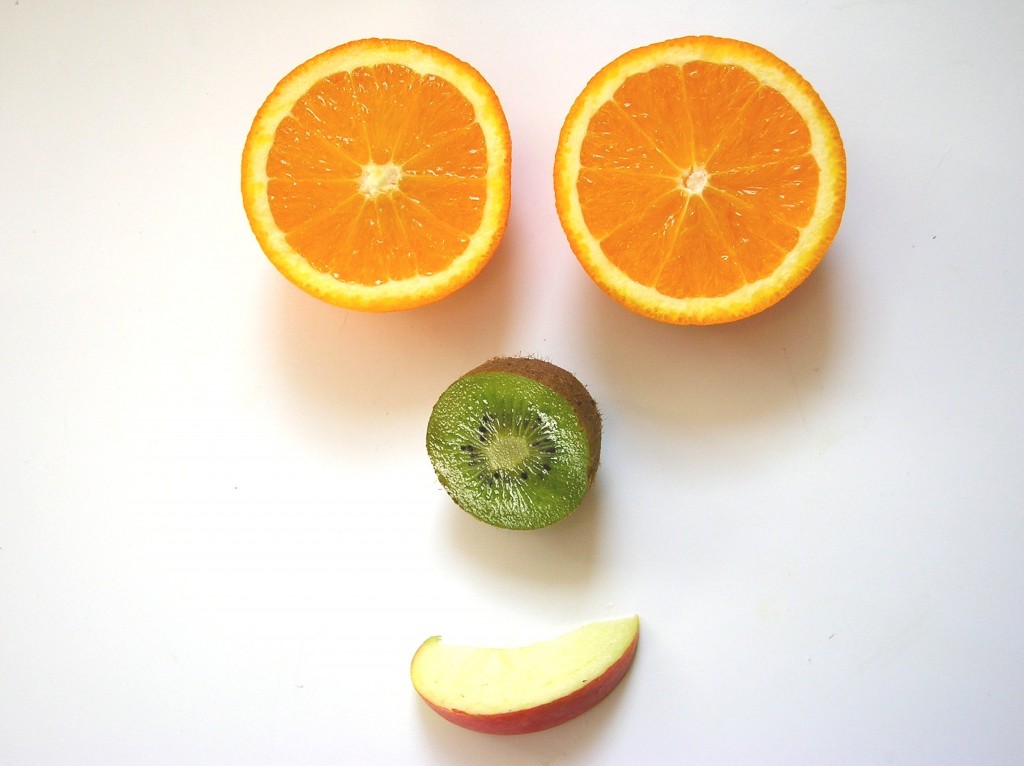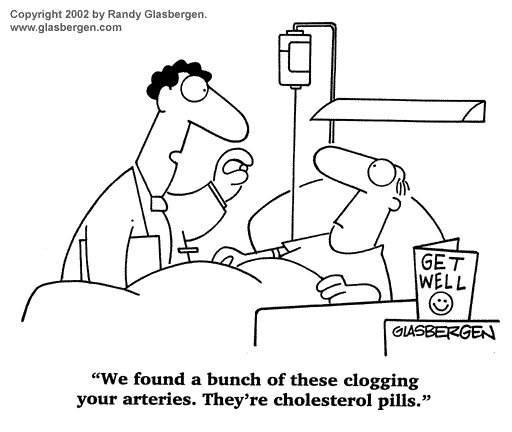
Cholesterol lowering drugs called Statins generated $34 billion in sales in 2007 and have raked in over a quarter of a trillion dollars since they were introduced two decades ago. A new study reported in the NY Times links the use of statins with a higher risk of developing diabetes. This is just the latest in a seemingly endless list of side-effects that continue to be discovered from the long term use of these drugs.
Here’s a small sample of the risks of statins: acute kidney failure, liver dysfunction, cataracts, muscle weakness, rhabdomyolysis (a breakdown of muscle fibers into the blood stream), acidosis, sexual dysfunction, immune system depression, neuropathy, frequent fevers, increased risk of cancer, anemia, pancreatic dysfunction, and increased risk of stroke.
Part of the problem is that people fail to realize that statins (like almost all prescription drugs) are not meant to be taken long term – they are a short term temporary “band-aid” while you make lifestyle changes (diet, exercise, nutritional supplements) to return your cholesterol levels to an optimal range. Continue reading “Are Statins Worth the Risk?”


